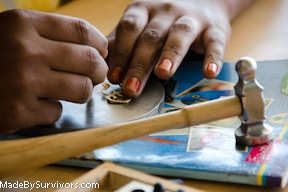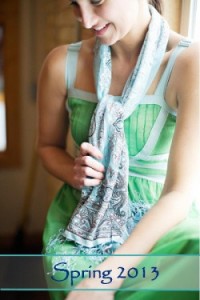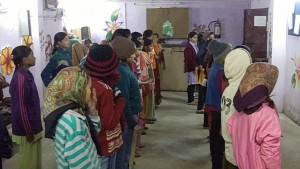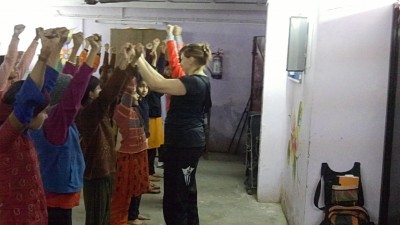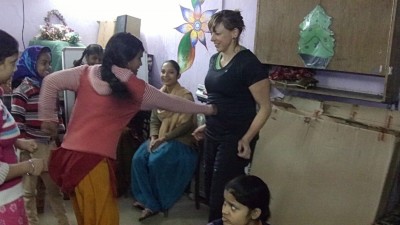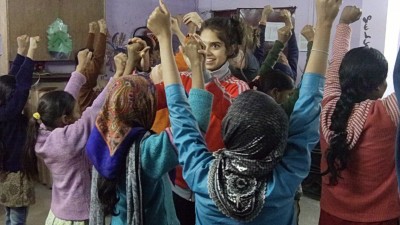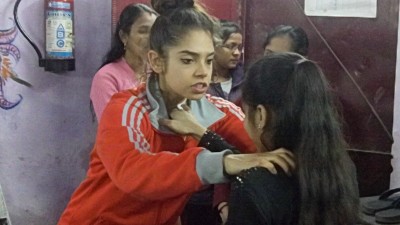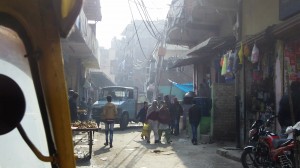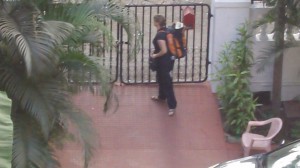Mother’s Day is Coming! Purchase with a Purpose!
April 19th, 2013 at 12:57 pm (Uncategorized)
Mother’s Day is on May 12th, so if you are thinking of what to get Mom, think of empowering another mother on the other side of the planet and purchase from one (or more) online stores featuring items made by trafficking survivors. I can tell you, having personally seen women working in such enterprises in India, that these women benefit immensely from your patronage. From beautiful silver jewelry to gorgeous clothes, from books to bags, here are a few options to peruse and consider (in no particular order):
– Made By Survivors (http://www.madebysurvivors.com/handmade-jewelry):
Made By Survivors is an international nonprofit organization which employs and educates survivors of slavery and other human rights abuses, including many women and children living in extreme poverty. Their programs provide training in highly respected professions and wages high enough to get people out of poverty and able to support themselves independently. 100% of profits go to support rescue and aftercare. Don’t know what exactly to buy Mom? No problem – they have gift certificates.
– Women At Risk (WAR) International (http://www.warchestboutique.com/auxpage_seasonal-looks/):
WAR’s preventive programs focus on women who are targeted by traffickers, such as widows, orphans, and girls who have been abandoned, raped, or have had a sibling sold. They also support curative programs, involving women rescued from a trafficking situation who are now employed with dignity. For example, in Thailand, safe houses train rescued women in jewelry or card making or sewing. Their products are sold in the United States, allowing them an alternative way to earn an income.
– Nomi Network (http://www.buyherbagnotherbody.com/)
Nomi Network’s mission is to create economic opportunities for survivors and women at risk of human trafficking by equipping them with skills to produce goods for the global market place. They sell a line of cool bags, purses, and t-shirts.
– S.E.T (stands for Support Ethical Trade) (https://www.setboutique.com/shop/): check out the necklaces made of paper beads!
S.E.T. Boutique sells products made by trafficking survivors as well as a variety of other fair trade and ethical goods. The purpose of SET Boutique is to promote alternative shopping options that will end modern day slavery and exploitation.
– The Green Woman Store (http://www.greenwomanstore.com/about.html)
The Green Woman Store is an Internet Marketplace providing Fair-Trade Market Access to women artists and green entrepreneurs around the world, amplifying their voices and creating better living conditions. Sales act like micro-credit loans that provide consistent yields, creating self-sufficiency and allowing women to invest in their lives, communities and businesses according to their priorities. GWS’ Fair-Trade Pricing covers the cost of production and facilitates social development and the protection and conservation of the environment.
